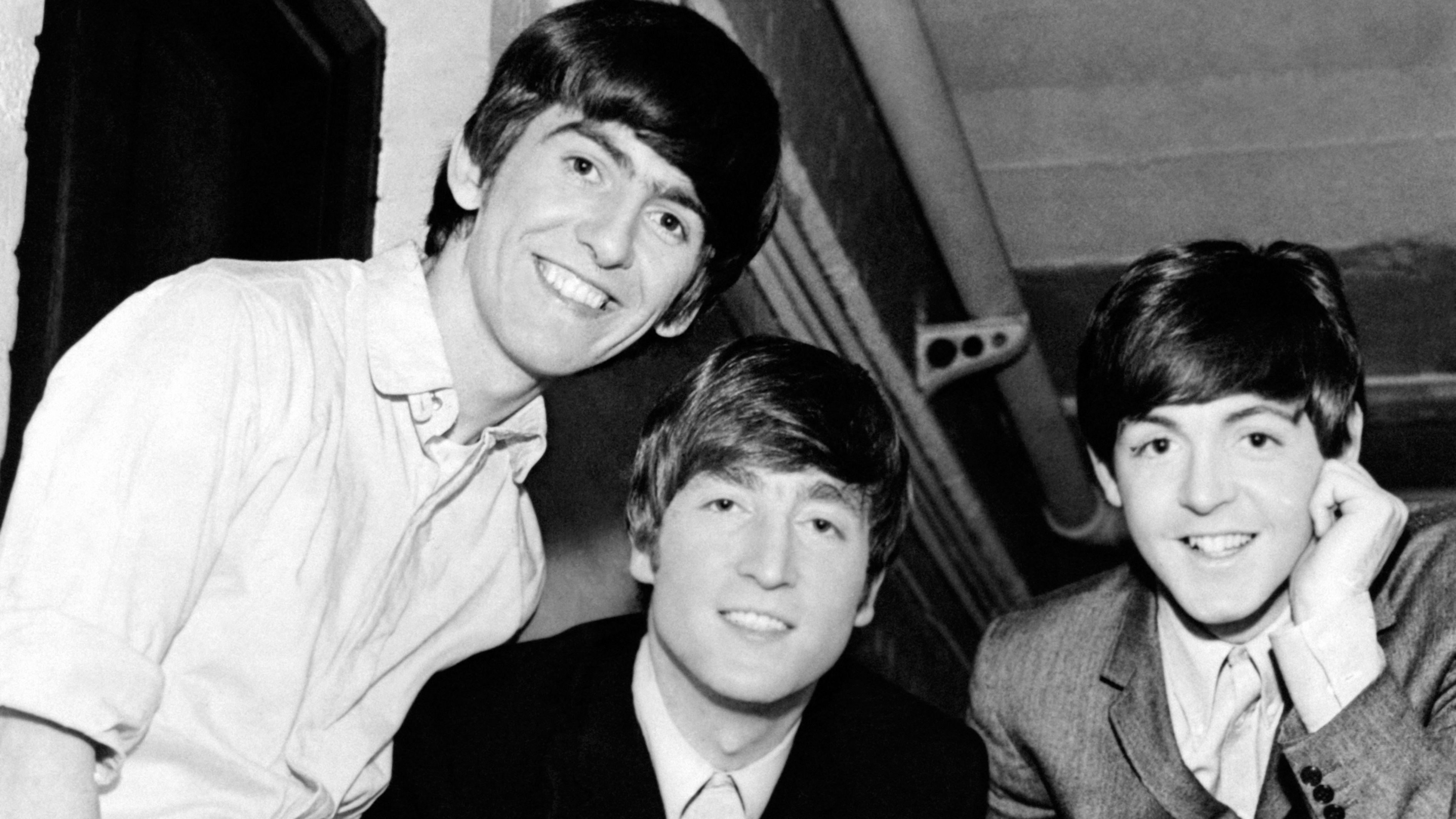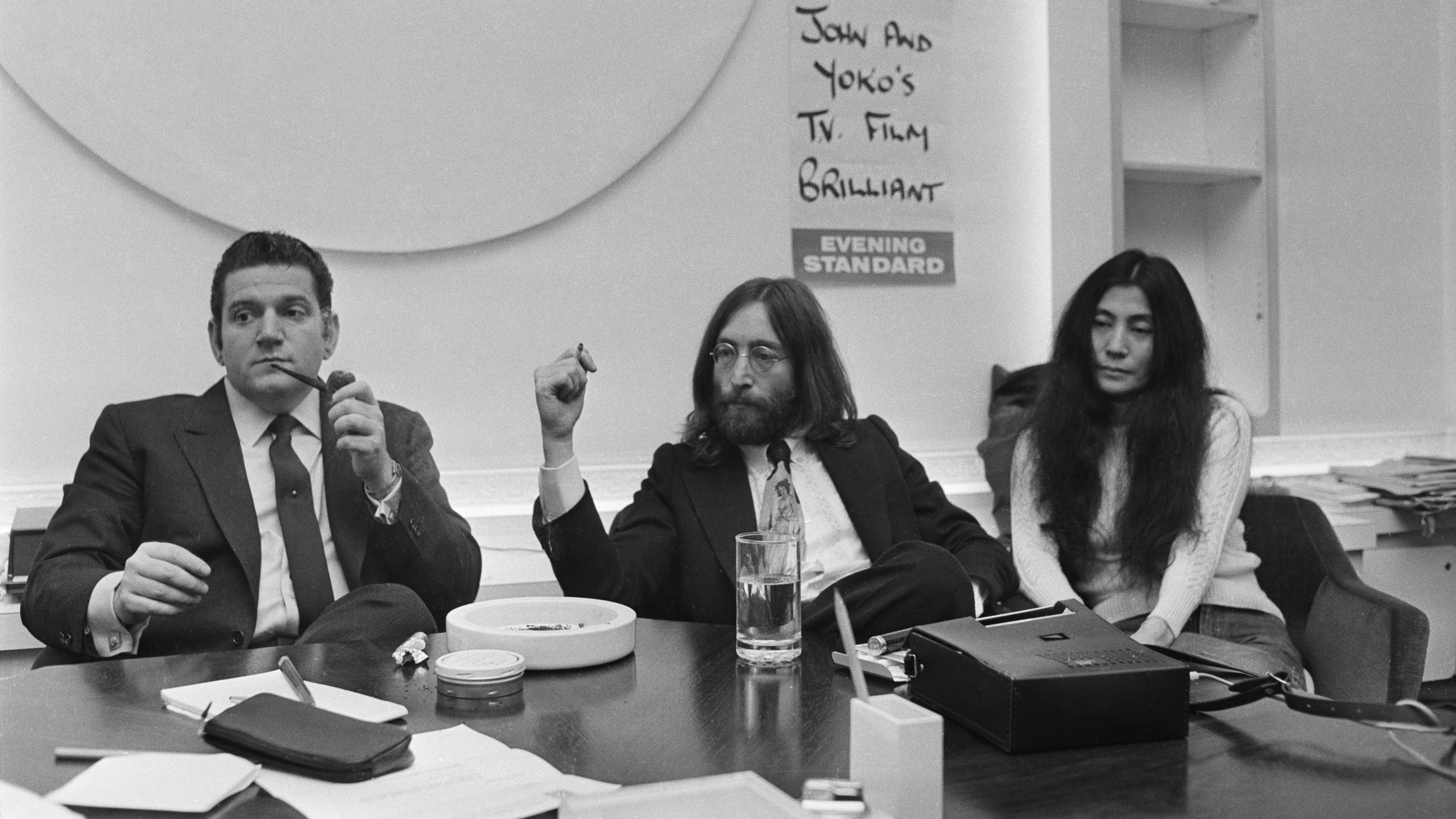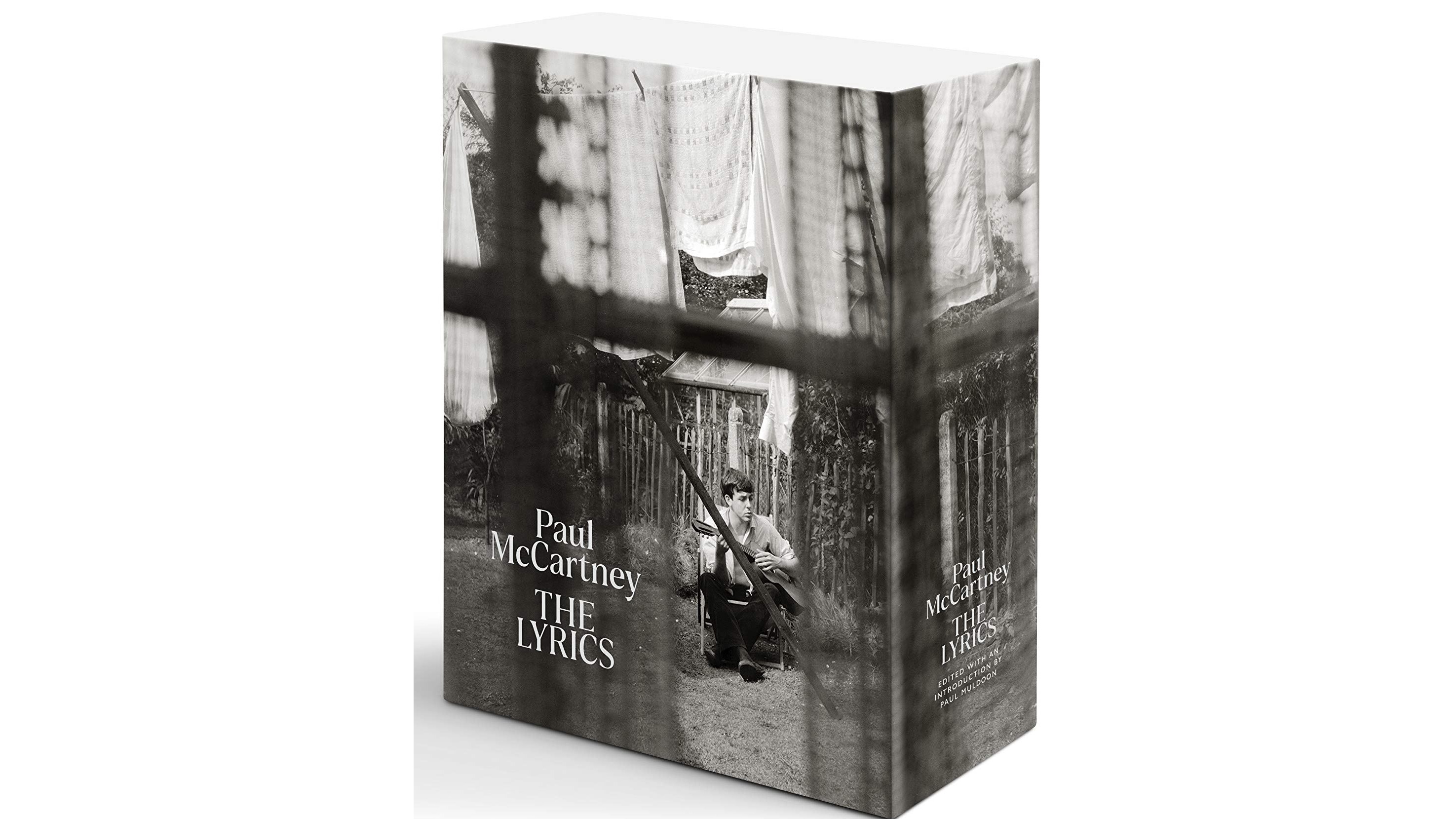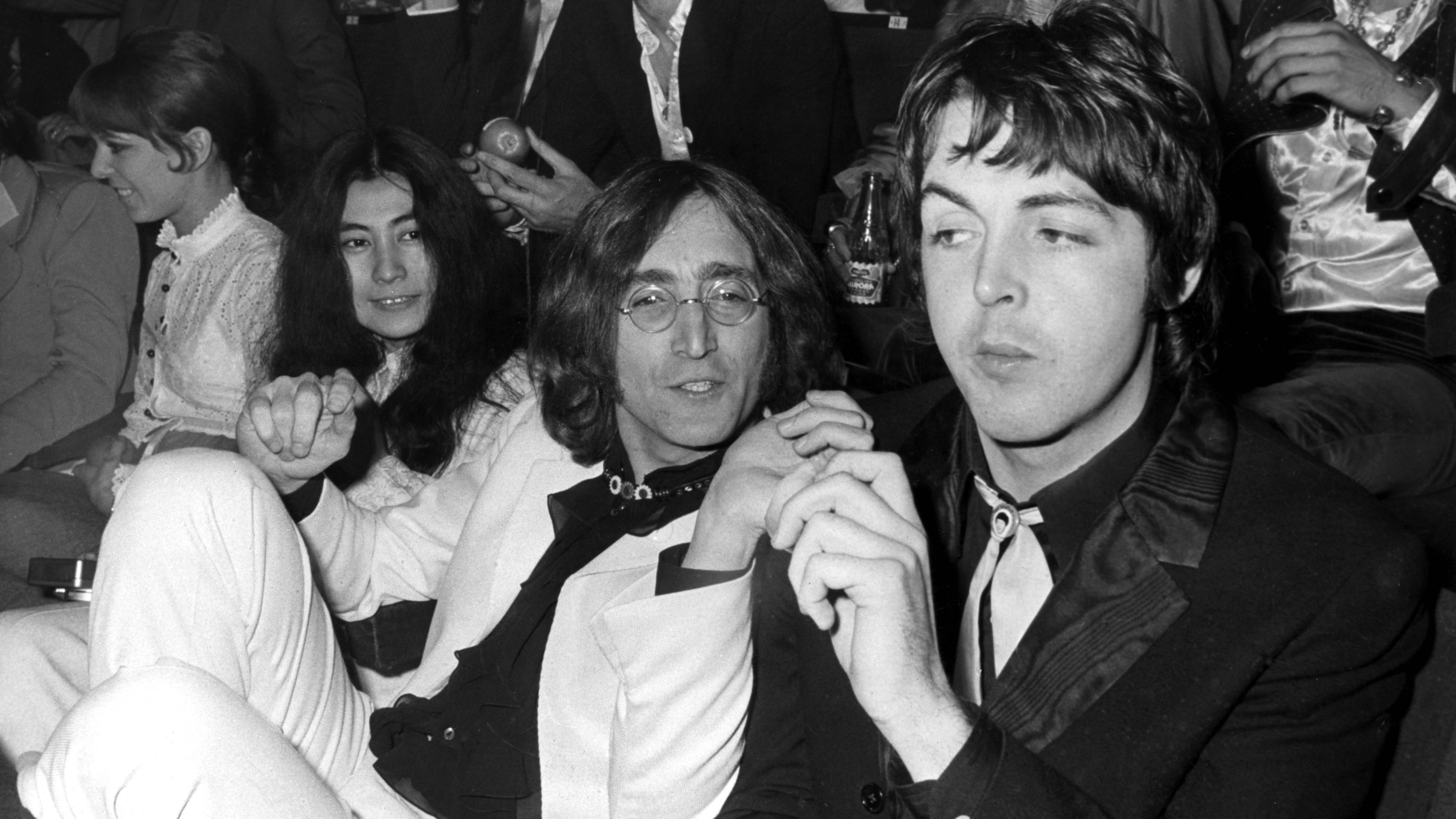
Want all the hottest music and gear news, reviews, deals, features and more, direct to your inbox? Sign up here.
You are now subscribed
Your newsletter sign-up was successful
What a time to be a Beatles fan – the three-part Get Back documentary is imminent and Paul McCartney has been opening up like never before in new book The Lyrics: 1956 To The Present. Recently he's been reflecting on the four Beatles' life-changing journey from Liverpool to the world stage and its affect on them as musicians and people in two recent extended interviews you can watch below.
"It was very intense," explains McCartney in conversation about the book at the Southbank Centre. "We were a little group in Liverpool and we went to Hamburg… and then we came and got on the world stage. And it got really intense. [George Harrison is] right, we really couldn't get out of the garden – we were forced to grow.
"Mind you, we enjoyed it most of the time," he continues. "It got a bit wearing towards the end but most of the time we were happy. It was want we wanted to do. What we wanted to be. And we wanted to play to everyone in the world. There was a sense of being under intense pressure at that age. We were quite young when all that happened."
While the Beatles story sounds like the stuff of dreams, inside the band, McCartney says it came at a cost.
"[George] also said something like, we gave up our nervous systems [for fame]. And I know what he means because we couldn't just be happy-go-lucky guys down the pub. By [then] we had moved beyond that and were The Beatles and there were certain things expected of us and we had to do certain things in a certain way. And we were always trying to break out of it, but there was that element of, you've got to do this thing that you're being forced to do."
The fact that four of us had come out of Liverpool with this natural outlook on the world followed through for the whole of the Beatles thing
McCartney also reflected on the unique chemistry that the four of them had to help cope with the intensity of Beatlemania.
"The four of us miraculously found each other and were working so intensely that your humour was just a part of it. And you kind of knew what the next thing was going to be. He said that, I'd say that; so you could kind of work together and the strength was in the union. It made it fun and it helped it to be bearable. The fact that four of us had come out of Liverpool with this natural outlook on the world followed through for the whole of the Beatles thing."
Want all the hottest music and gear news, reviews, deals, features and more, direct to your inbox? Sign up here.

In another interview with Barnes & Noble CEO James Daunt, McCartney spoke candidly about reflecting on the key dynamic within the band years later; his songwriting with John Lennon.
"There were periods at the breakup of the Beatles where we weren't so friendly, so I couldn't do anything like this [book] then because the sort of hurt feelings and stuff like that would have crept in. Now, so much time has elapsed now that John isn't here and George isn't here. You get a whole new perspective. So if I'm ever talking to someone [about them], it's with great affection. Because they're my fallen heroes.
"So I'm more like a fan these days when I'm talking about the Beatles stuff. Then, I was making it alongside the guys you were just so busy working and doing your thing. Now I can look back on it all and just think, wow that was amazing.
That's very valuable in the creative process to have someone who doesn't just go, 'That's nice'… so we had that ping-ponging technique.
"If I write a song called, It's Getting Better All The Time [Getting Better], then John would likely chirp in with, 'It couldn't get much worse'. Now I realise, 'Wow, that's very valuable in the creative process to have someone who doesn't just go, 'That's nice'… so we had that ping-ponging technique. I'd write a line, he'd write a second line or he'd write a line. It was really good, we were very helpful for one another. And now I can look back on it in a loving way and think, that was very special."
Later in the interview McCartney muses on whether a 'talented kid in Liverpool today' can find the opportunities to become a creative force on the level of McCartney. And his response is optimistic.
"Yeah I think so," he replies. "You can look at it and you can say, well it's not as. easy because the field is very much more crowded than it was for us. But there was no reason why we should have become famous. We were just kids from Liverpool, everyone said you'll never get famous from Liverpool. But with one thing and another we got better and got better and became famous.
"So I'm sure those kind of opportunities are still open for kids. It wouldn't be the same, it now will involve devices and YouTube and all that, which we didn't have. But I think people still come through. You see someone like Ed Sheeran, that's happened to him and from nothing. It wasn't anything but his own talent. So I think stuff can still happen.


Rob is the Reviews Editor for GuitarWorld.com and MusicRadar guitars, so spends most of his waking hours (and beyond) thinking about and trying the latest gear while making sure our reviews team is giving you thorough and honest tests of it. He's worked for guitar mags and sites as a writer and editor for nearly 20 years but still winces at the thought of restringing anything with a Floyd Rose.
